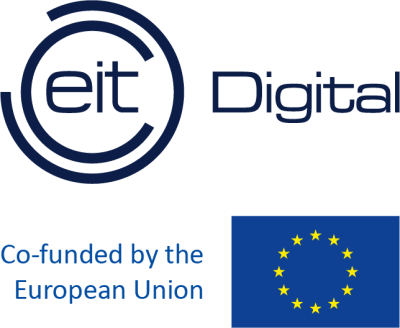
Quantum Computing and Information
EIT Digital Summer School

Key Information
Select location
Campus location
Rennes, France
Languages
English
Study format
On-Campus
Duration
6 days
Pace
Full time
Tuition fees
EUR 650 / per course
Application deadline
Request Info
Earliest start date
Request Info
Introduction
The development of Information and Communications Technologies based on Quantum Physics will dramatically change several key domains for the Economy of the future:
(i) some very slow computations when solved by classical computers will be dramatically sped up by new quantum computers,
(ii) much more precise simulations of very physically complex systems will be enabled by quantum simulators,
(iii) increased sensitivity of metrology systems will be attained by quantum sensors, and,
(iv) Internet communications will be more secured by the application and deployment of new quantum cryptography systems.
The summer school will include lectures, practical work, and excursions. Part of the activities will be the participation of the students in mini-projects to better understand some advanced topics. At the end of the summer school, the participants will also be requested to participate in a pitch competition.
Accommodation
Info on accommodation in the city centre of Nice, Campus VALROSE, France is mentioned on the school website.
Ideal Students
The Summer School is open to young professionals, as well as Bachelor, Master or Ph.D. students, who want to deep-dive in emerging digital technologies and learn how to turn these technologies into business. This will enable them to become non-expert still informed designers and developers in the field of Quantum Computing and Quantum Information Sciences, having ability of talking and understanding the quantum language. This will enable them to contribute as innovators in start-ups or larger companies.
Admissions
Curriculum
Main Topics
During the programme, participants will gradually deep dive in the quantum-related topics:
- Short course on fundamental concepts of quantum physics accessible to non-quantum specialists.
- Introduction to key quantum algorithms and quantum coding platforms.
- Discussion of quantum computing benefits and their impact on widely deployed algorithms used for key establishment and digital signatures.
- Solutions based on post-quantum cryptography as well as quantum key distribution.
- Practical works conducted in small groups of students relying on the usage of some Virtual Machines offering quantum computing capabilities, in different service providers’ clouds (e.g., IBM Qiskit)
- Innovation & business challenges specifically raised by quantum computing technologies
- Juridical impact of Quantum information.